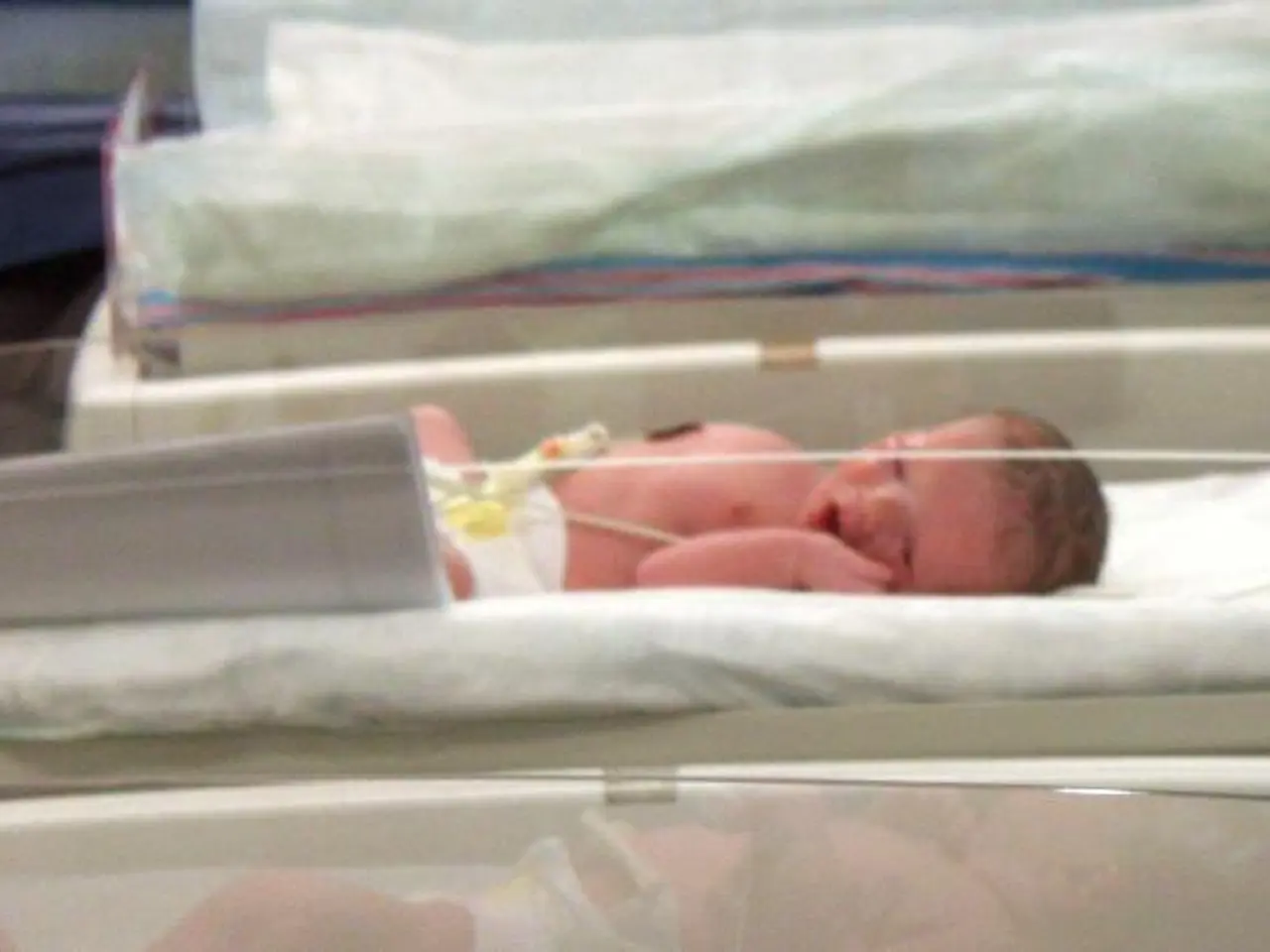Selecting a Suitable Pediatrician for Premature Infants
Preemies, babies born before completing 37 weeks of gestation, require specialized care due to their underdeveloped organs and vulnerability to health issues. When choosing a pediatrician for a preemie, key factors include experience with preterm infants, access to specialized neonatal care resources, comprehensive follow-up care, a collaborative, multidisciplinary approach, communication and parental support, and a reputation built on recommendations and research.
Experience with preterm infants is crucial. A pediatrician specializing in neonatology possesses the expertise to monitor and address the specific needs of preemies. It is important that the pediatrician works closely with or is affiliated with a hospital equipped with advanced NICU facilities and neonatologists, as preemies may have ongoing needs such as respiratory support, nutritional management, and infection prevention.
Preemies often require careful monitoring of growth, nutrition, vaccination schedules, and screening for complications such as retinopathy of prematurity. A pediatrician who understands and is prepared to manage these specialized follow-up protocols is essential. Since preterm infants may experience complex health issues, a pediatrician who collaborates with specialists such as nutritionists, ophthalmologists, and involves parents actively in care is ideal.
The pediatrician should provide clear guidance, be responsive to parental concerns, and offer psychological and emotional support for families coping with the challenges related to preterm birth. Parents are advised to start looking for a pediatrician early, ideally before birth, seek recommendations from trusted sources, and interview potential providers to assess comfort level and expertise—especially in preemie care.
A pediatrician with experience in managing preemies' immunizations ensures their protection against preventable diseases. A pediatrician's expertise in designing specialized nutrition plans for preemies is essential for their growth and development. Affiliation with reputable hospitals or clinics offers access to advanced medical resources and a network of specialists.
Lastly, the right pediatrician isn't just a medical professional but a trusted ally in the holistic well-being of preemies, offering guidance, emotional support, and advocacy. Access to resources such as neonatal intensive care units (NICUs) is beneficial for preemies. A pediatrician's approach to developmental assessments is crucial for monitoring preemies' progress and addressing concerns promptly.
In summary, the pediatrician chosen for a preemie should be knowledgeable about the specialized medical, developmental, and nutritional needs of premature infants, have strong ties to advanced neonatal care facilities, and offer family-centered, supportive care tailored to these vulnerable babies.
- A pediatrician's knowledge about specialized medical needs, such as growth, nutrition, and ongoing health issues of preemies, is essential.
- To ensure comprehensive care for preemies, a pediatrician should be affiliated with hospitals equipped with advanced Neonatal Intensive Care Units (NICUs) and collaborate with specialists, including nutritionists and ophthalmologists.
- For preemies, a pediatrician with expertise in managing immunizations to protect against preventable diseases and designing specialized nutrition plans is crucial for their growth and development.
- A pediatrician who offers psychological and emotional support for families dealing with the challenges related to preterm birth, and is responsive to parental concerns, is ideal.
- Parents should look for a pediatrician early, ideally before birth, seek recommendations from trusted sources, and interview potential providers to ensure comfort level and expertise in preemie care.
- In the context of parenting a preemie, the right pediatrician isn't just a medical professional but a trusted ally in ensuring the holistic well-being of the baby, providing guidance, emotional support, and advocacy.
- The chosen pediatrician should also be prepared to manage specialized follow-up protocols for preemies, such as screening for complications like retinopathy of prematurity, and approach developmental assessments to monitor progress and address concerns promptly.




